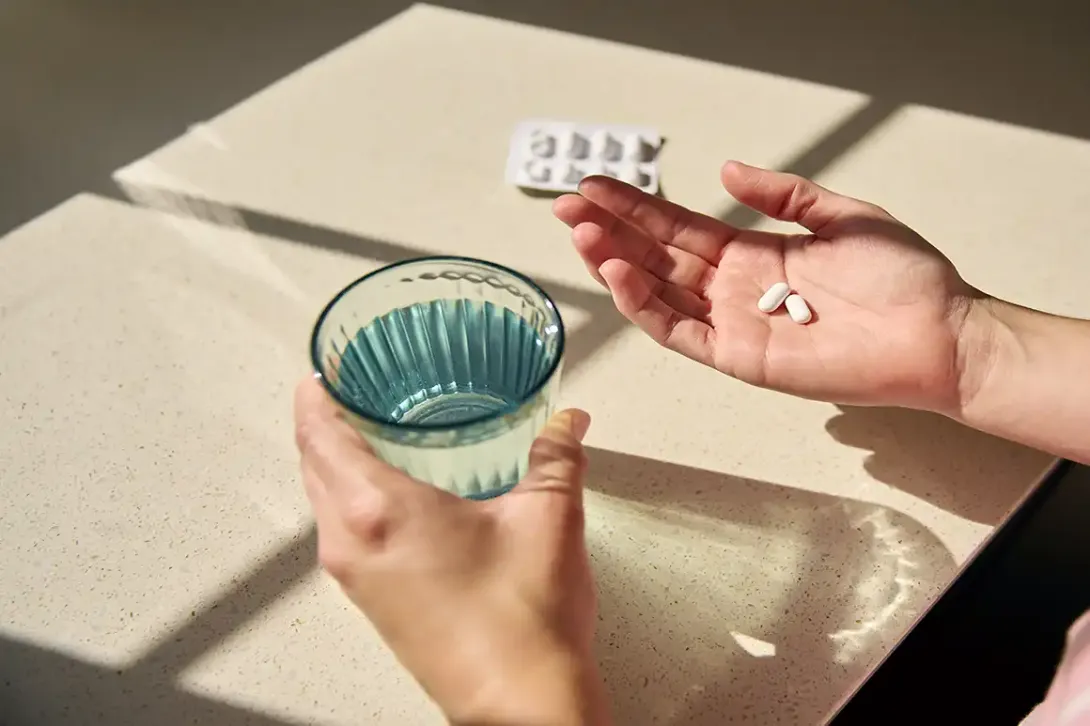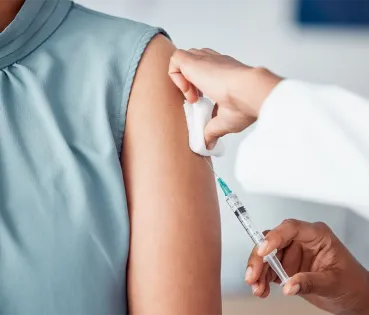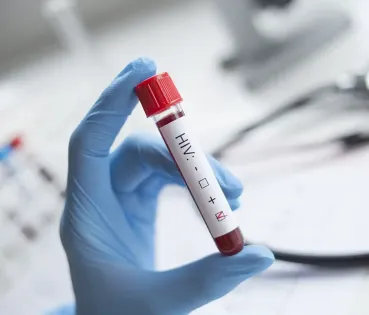
The do's and don'ts when taking antibiotics
Antibiotics can be harmful for our health if we use them inappropriately or too often. Find out what to keep in mind when taking these prescription drugs.
In recent years there has been a lot of talk - and rightly so - about the use and abuse of antibiotics. We are all aware of them, and everyone has had them prescribed at some time, but do we have adequate information regarding when they are really necessary and how we should take them? The truth is that, although these drugs are powerful allies against certain infections, their indiscriminate use can turn them into a problem rather than a solution. Understanding how they work, and their purpose is the first step towards taking good care of our health.
What are antibiotics?
Antibiotics are medicines that are essential for treating infections caused by bacteria. They work by killing bacteria or preventing them from growing, thus facilitating the body's recovery.
On the other hand, they are not effective against viral infections, such as influenza or the common cold. Their inappropriate use in those cases is not only ineffective but can lead to serious adverse effects. One of the most worrying is the development of bacterial resistance: when bacteria adapt and become more difficult to treat, minimising the effectiveness of existing drugs and increasing the risk to individual and collective health.
Confirming that an infection is bacterial in origin before starting antibiotic treatment is essential, and under no circumstances should we self-medicate. Responsible use of antibiotics is a way to protect our health and the health of the whole community.
The DOS when taking antibiotics:
- Carefully follow the prescription instructions: It is important to observe the dosage and timing. We must take the antibiotic at precise time intervals to ensure a consistent effect throughout the day.
- Take probiotics: Antibiotics can modify the intestinal flora and microbiota. Taking probiotics can help prevent treatment-associated diarrhoea and reduce the risk of infections such as candidiasis.
- Take antibiotics with water: Do not take them with dairy products or juices, as this can affect their absorption.
- Store properly: In a cool, dry place out of reach of children.
- Consult with your doctor if you have any doubts: If antibiotics cause side effects or any unforeseen issues, consult with your doctor immediately.
Antibiotics are very useful drugs for fighting bacterial infections, and when used well, they save lives, but their misuse can have serious consequences. Bacterial resistance is a global health problem, and we can all help curb it by making responsible choices. Caring for our personal health is also caring for the health of our communities.




